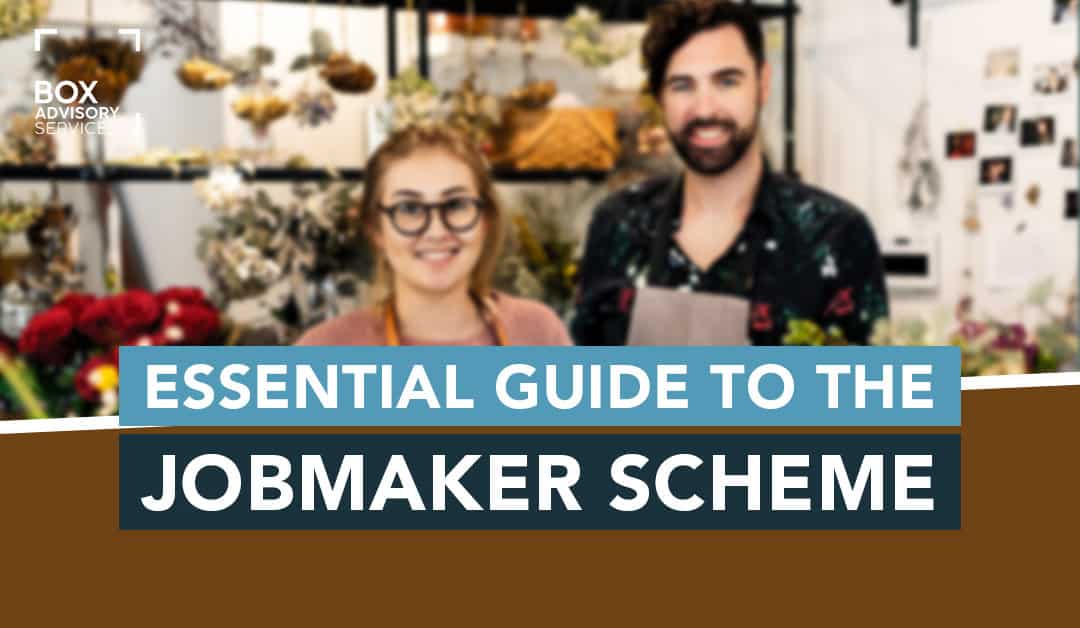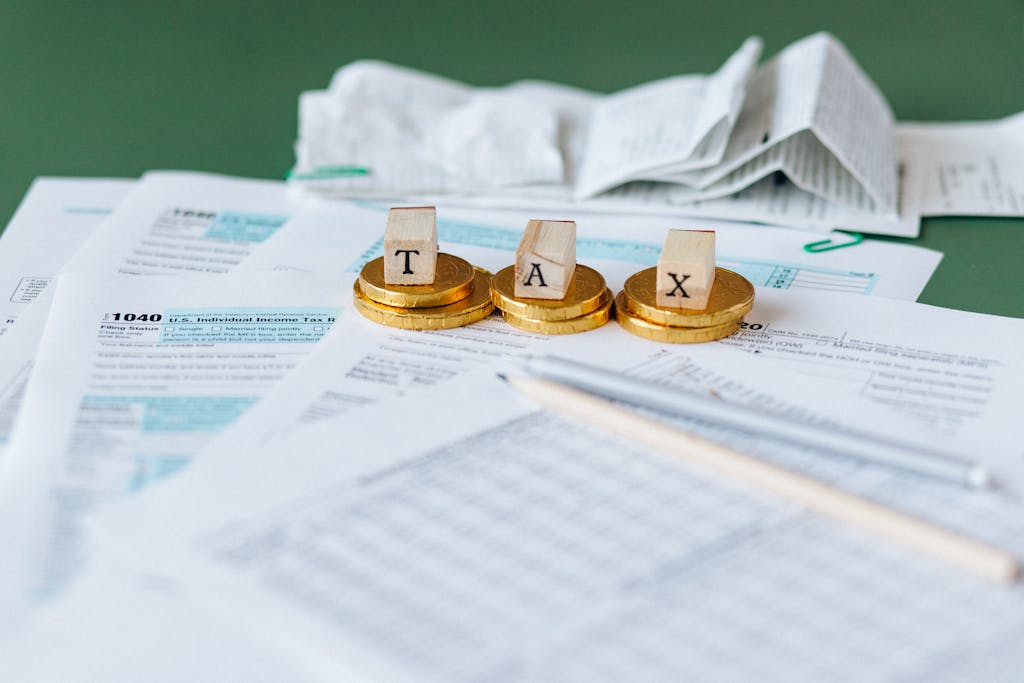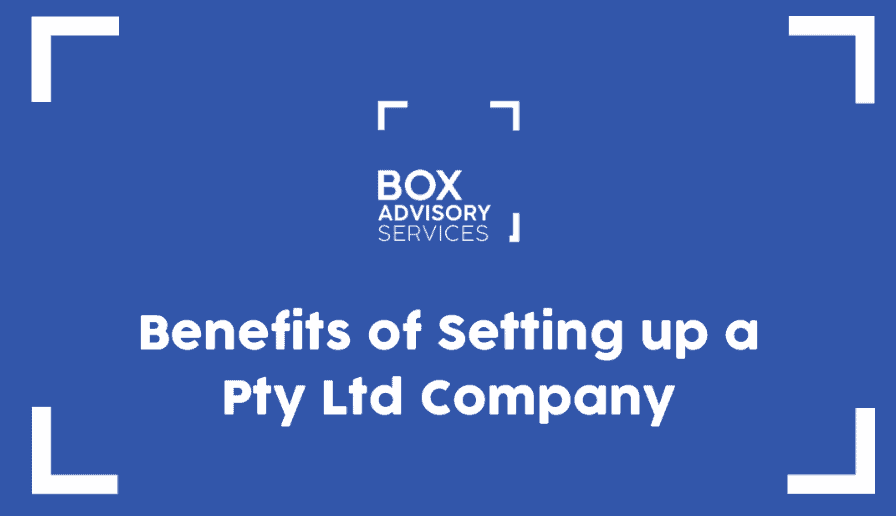
BY
|
The Essential Guide to the JobMaker Scheme
As part of the road to recovery from the harsh economic impact of the COVID-19 pandemic, the Australian Government introduced the JobMaker Scheme.
The JobMaker scheme is an incentive offered to employers to create new jobs for job seekers between 16 and 35.
Eligible employers can receive the payment for up to 12 months for new jobs that employ eligible young people.
We break down everything you need to know about the JobMaker Scheme and how your business could potentially benefit from it.
How Does the JobMaker Incentive Work?
As the new scheme aims to support employers who are creating new jobs within their businesses so that more job seekers can secure employment, the Government is offering to pay them a subsidy each week to help support paying their new employees.
Eligible employers will be credited for each new job they create between 7 October 2020 and 6 October 2021.
The credit they will receive amounts to:
- $200 a week for hiring additional employees who are between the ages of 16 and 29 years; and
- $100 a week for new employees between the ages of 30 to 35 years
How Do You Become Eligible for the JobMaker Hiring Credit?
You and your potential new employee must meet specific eligibility criteria to qualify for the JobMaker incentive.
You’ll be considered eligible if the following criteria are met:
|
Employers |
Your Employees |
| Your business or not-for-profit organisation is carried out in Australia. | They started working for your business at any time between 7 October 2020 and 6 October 2021. |
| You have an Australian Business Number (ABN) and are registered for PAYG withholding. | At the time that they were employed, the employee was either aged 16 and above or aged 30 and above (but younger than 36 years). |
| You have no outstanding GST and income tax returns over the last two years. | They must work an average of at least 20 hours per week. |
| You don’t fall within any excluded entity (in other words you’re not a government body and you aren’t currently undergoing liquidation proceedings). | They’ve received either a parenting payment; youth allowance; or JobSeeker payment for at least 28 consecutive days within the last 84 days before starting their employment at your business. |
| You’ve employed one or more eligible employees in the 12 month period. | Has notified you (the employer) that they
|
| Your employee headcount increased, and your payroll increased. | They must not have been engaged to perform similar duties in a similar role at your company at any time between 6 April 2020 and 6 October 2020. |
| You’ve registered for the JobMaker scheme with the Australian Tax Office (ATO) by the relevant date (see registration information below). | |
| You’ve lodged a claim with ATO and provided all the information about your entitlement;
you’re not currently receiving JobKeeper payments (you can’t claim both JobMaker and JobSeeker incentives at the same time). |
An employer won’t be eligible to claim if you’ve been disqualified by any means. You can be disqualified if you’ve terminated an employee or reduced their hours to hire new employees to benefit from the JobMaker Scheme.
An employee won’t be eligible if they fall into either one of the following categories:
- sole trader;
- partner to a partnership;
- trustee or beneficiary of a trust; and
- a shareholder or director of a company
How Do You Register and Lodge Your JobMaker Claim?
In the first step, employers must register for the JobMaker Hiring Credit through either the:
- ATO online services;
- ATO business portal;
- or a registered tax agent
Registrations for JobMaker Hiring Credit can start from 6 December 2020.
You only need to register once, but you must do so before you claim. The registration due date is before the JobMaker claim period. See claim period dates in the table below.
For example, if you would like to submit a claim for the first period, you must register by 30 April 2021.
In the second step, employers must identify, nominate and report eligible additional employees through their Single Touch Payroll (STP) software. There are key reporting dates for each JobMaker period. You must submit your report at least three days before the key due dates.
| JobMaker Period | JobMaker Period Dates | STP Reporting Due Date | Claim Period |
| 1 | 7 October 2020 – 6 January 2021 | 27 April 2021 | 1 February 2021 – 30 April 2021 |
| 2 | 7 January 2021 – 6 April 2021 | 28 July 2021 | 1 May 2021 – 31 July 2021 |
| 3 | 7 April 2021 – 6 July 2021 | 28 October 2021 | 1 August 2021 – 31 October 2021 |
| 4 | 7 July 2021 – 6 October 2021 | 28 January 2022 | 1 November 2021 – 31 January 2022 |
| 5 | 7 October 2021 – 6 January 2022 | 27 April 2022 | 1 February 2022 – 30 April 2022 |
| 6 | 7 January 2022 – 6 April 2022 | 28 July 2022 | 1 May 2022 – 31 July 2022 |
| 7 | 7 April 2022 – 6 July 2022 | 28 October 2022 | 1 August 2022 – 31 October 2022 |
| 8 | 7 July 2022 – 6 October 2022 | 28 January 2023 | 1 November 2022 – 31 January 2023 |
The claim can then be made by the employer every three months from 1 February 2021 via ATO online services, the ATO business portal or via a registered tax or BAS agent.
What Else Should You Know About the JobMaker Scheme?
It’s essential to take note that, to remain eligible to claim the JobMaker Hiring Credit your employee headcount and payroll must remain higher than it was at 30 September 2020.
Similarly, the amount of hiring credit can’t exceed the amount of increase in payroll for the reporting period.
Key Takeaways
In an effort to make up for a challenging economic year, the Government has introduced various schemes to help employers and employees.
The JobMaker scheme specifically targets job creation and supports employers who provide opportunities for young job seekers.
There is, however, detailed criteria. The criteria and key dates can be a lot to remember, so you may want to consider reaching out to a registered tax agent to help you determine your eligibility and submit your claim each JobMaker period.
Here at Box Advisory Services – our aim is simple – to help small to medium-sized businesses make the most of these new opportunities!
To see if you meet the eligibility criteria or to lodge your JobMaker claim, book a free consultation with us today.



